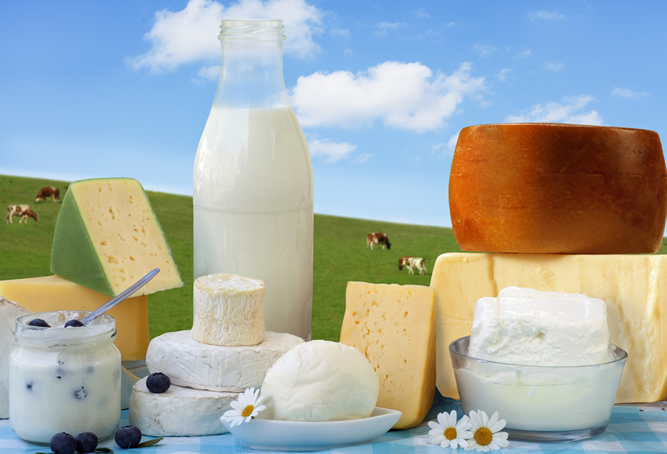Why do we need calcium?

Vitamin D and vitamin K are essential for absorbing calcium and allowing it to be used in the body. Calcium is important for children in helping to develop strong bones, and in adulthood helps to keep these bones dense and healthy, reducing risk of fractures.
Calcium also plays an important role in regulating muscle contractions. This includes the beating of the heart. Though inconclusive, some research suggests that calcium also helps to regulate blood pressure and cholesterol levels.
Working together with vitamin K and a protein called fibrinogen, calcium has a part to play in ensuring normal blood clotting. When blood is exposed to the air through a wound, a series of reactions trigger normal blood clotting so that a scab is quickly formed, minimising bleeding. Adequate levels of calcium are required to implement these reactions.
Natural sources of calcium
| Food source | Calcium content (milligrams, mg) |
| Hard cheese, 50g | 538 |
| Sardines, 100g | 382 |
| Salmon, 100g | 212 |
| Natural yoghurt, 100g | 200 |
| Figs, 100g | 160 |
| Skimmed milk, 100ml | 122 |
| Tofu, 100g | 105 |
| Broccoli, 100g | 93 |
Calcium deficiency
Calcium deficiency becomes more common as we age, particularly in menopausal and post-menopausal women. This is because the decline in the hormone oestrogen causes bones to thin more quickly than normal, increasing risk of fractures and osteoporosis.
Initially, calcium deficiency is unlikely to cause any noticeable symptoms. However, if the deficiency becomes severe or prolonged, symptoms may develop. These can include pins and needles in the hands and feet, muscle spasms and low mood. Memory lapses and hallucinations can also occur, and susceptibility to fractures and osteoporosis increases.
Normally, restoring an adequate level of calcium into the diet, or taking calcium supplements under supervision of a medical professional helps to treat calcium deficiency.
Too much calcium
Too much calcium, known as hypercalcemia, is uncommon, but can occur as a side-effect of certain medications, such as diuretics, through taking too many supplements, or from an overactive thyroid. Mild hyercalcemia may not cause any symptoms, but if the condition develops it can lead to a range of physical and emotional symptoms. These can include excessive thirst and urination, muscle weakness and spasms, and weakened bones. Some people may also experience low mood, irritability and memory problems.





 Looking for our products in a store near you?
Looking for our products in a store near you?
